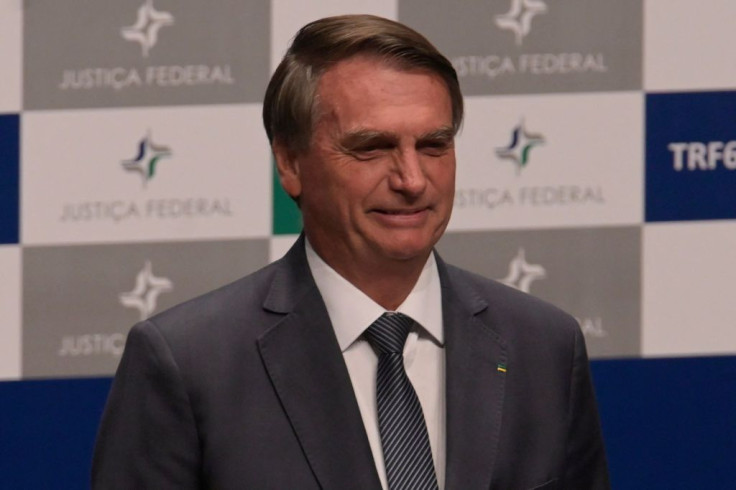The former socialist president Luiz Inacio Lula da Silva beat current president Jair Bolsonaro in the recent Brazilian election by just 1% votes. However, despite the defeat, Bolsonarism demonstrated its regional power.
The former union leader and maximum patriarch of the Workers' Party (PT) Luiz Inacio Lula da Silva managed to beat the president-candidate Jair Bolsonaro by a single percentage point, a margin of 2.1m votes, 50.9% to 49.1%, in the recent Brazilian election. However, even though the winner of the presidential elections was Lula, Bolsonarism demonstrated its regional power. Out of Brazil's 27 states, most will be in the hands of the right, LatinAmerican Post reported.
This leaves Lula without tacit influence in most of the Brazilian territory. Even though not all of them are direct allies of Bolsonaro, they are right-wing parties that do not have great sympathy for Lula.
The State of São Paulo, the most populous center with over 46 million inhabitants and the economic engine of the country, remained in the hands of Bolsonaro. Tarcísio Gomes de Freitas, who was Bolsonaro's former Minister of Infrastructure, won the governorship, leaving the extreme right as the main electoral force in this territory.
Brazil's 14 states remain in the hands of pure Bolsonaroism. These include São Paulo, Mato Grosso, Rondônia, Santa Catarina, Rio de Janeiro, Minas Gerais, Tocantins, and Amazonas, among others. Meanwhile, PT, Lula's party, obtained 10 states including Bahia, Alagoas, Espírito Santo, and Paraíba, and Rio Grande do Sul, Mato Grosso do Sul, Pernambuco, and Sergipe.
About two days after his defeat in the election, Bolsonaro broke his silence, the Guardian reported.
“Our dreams are more alive than ever,” the 67-year-old, who is the first serving president to lose a re-election bid in Brazilian history, said.
Bolsonaro also alluded to baseless claims stating that Sunday’s election had not been fair. He said that the post-election protests that are being staged by hardcore supporters are the fruit of “indignation and a feeling of injustice about how the electoral process played out”.
Observers believe that after leaving power, Bolsonaro could get exposed to a multitude of possible investigations relating to fake news, anti-democratic behavior, alleged corruption, and his handling of a Covid pandemic which killed nearly 700,000 Brazilians.
In São Paulo on Monday night, roads near the international airport were backed up with traffic. About two dozen flights were canceled because pilots and crew could not reach the airport.
On Tuesday morning, the supreme court in Brazil ruled that the federal highway police should “immediately take all measures” to clear the roads Bolsonaro supporters had illegally blocked.
The court ordered that the owners of lorries being used as barricades would be fined US$19,524 for every hour they remained part of the blockade.

© 2025 Latin Times. All rights reserved. Do not reproduce without permission.





